Why the Digital Markets, Competition and Consumers Act 2024 Is a Reckoning for Corporate Sustainability.
Date: June 2025
Read time: 3 mins
Author: Charlie Martin

In an era defined by environmental emergency and economic anxiety, the UK’s Digital Markets, Competition and Consumers Act 2024 arrives not as a footnote to consumer protection, but as a structural intervention into the informational integrity of markets themselves. Behind its bureaucratic name lies a profound shift: a legal recognition that the stories corporations tell—especially about sustainability—are not peripheral to commerce. They are commerce.
For years, consumer trust has been undermined by what economists might call “credence asymmetry”: companies possess all the information; consumers are left to trust—or guess. Nowhere has this asymmetry been more exploited than in environmental claims, where “net zero” promises are rarely backed by verifiable pathways, and “sustainable” products often carry invisible carbon costs.
The 2024 Act is an attempt to recalibrate that imbalance. And it changes everything.
A New Architecture of Accountability
The most significant provision in the Act is also the least headline-grabbing: it grants the Competition and Markets Authority (CMA) direct enforcement powers, allowing it to impose fines of up to 10% of global turnover without requiring a court decision.
This is not incremental policy. It is structural enforcement.
Where previous regulations relied on slow, case-by-case litigation, the Act now gives regulators the capacity to act quickly—and decisively—against misleading practices. And while the scope of the law is broad, its implications for environmental claims are particularly stark.
Companies that mislead consumers on sustainability—through exaggeration, omission, or ambiguity—now face not just reputational risk, but existential financial exposure.
False Urgency, Manufactured Scarcity, and the Illusion of Ethics
In effect, the Act criminalises one of the most manipulative aspects of green consumerism: the illusion of ethical choice. Through fake countdown timers, carefully worded packaging, and influencer partnerships that mimic authenticity, corporations have been engineering a world in which doing the right thing feels both easy and urgent—even when the underlying products remain unchanged.
But urgency is not virtue, and ease is not ethics.
Under the new legislation, those tactics become legally precarious. The Act prohibits misleading urgency cues, bans fake scarcity, and targets undisclosed paid endorsements. In doing so, it moves closer to what behavioural economists have long called for: regulation that accounts for how people actually make decisions—under pressure, with limited information, and amid competing narratives.

From Compliance to Legitimacy
What does this mean for brands?
First: a compliance programme is no longer a safeguard. It is a minimum requirement. The deeper question now is not whether a claim is legally defensible, but whether it is socially legitimate—and verifiably true.
Second: the era of plausible deniability is over. The CMA and other regulators are explicitly prioritising green claims in fashion, cosmetics, home goods and travel—sectors where consumer desire meets high carbon intensity and low transparency.
Third: this is only the beginning. The UK is aligning itself with a broader global pattern—visible in the EU Green Claims Directive, the US SEC’s climate disclosure rules, and increasing litigation over ESG misrepresentation. The informational environment in which sustainability narratives operate is being redrawn.
Where the Charter Fits In
At The Anti-Greenwash Charter, our mission has never been reactive. It is anticipatory. We exist because enforcement alone is insufficient. What’s needed is a cultural and institutional shift in how marketing operates—away from image management, toward evidence-based accountability.
We offer:
-
Claim audits rooted in science, not spin.
-
Guidance on disclosure that aligns with the Act’s language and intent.
-
Tools for teams navigating the grey zones between aspiration and accountability.
-
Public standards that make marketing integrity visible—and verifiable.
What This Moment Demands
The Act doesn’t just create new penalties. It redefines the stakes. It asks businesses to answer a harder, more consequential question: What happens when you’re held accountable for the stories you tell?
In climate terms, the answer is existential. Marketing doesn’t just shape perception—it shapes demand, investment, legitimacy. And when marketing distorts the truth, it doesn’t just mislead consumers. It delays action. It defers responsibility. It permits inaction behind a facade of progress.
This is the terrain on which the greenwash battle is now being fought—not in slogans, but in systems. The law is catching up. And the market, finally, is being asked to do the same.
Communicate About Sustainability with Confidence
If your organisation wants to protect its reputation, reduce greenwashing risk, and communicate sustainability with confidence, we’d love you to join us.
📢 Become a signatory of The Anti-Greenwash Charter.
Shape the future of responsible communication and show stakeholders what honest, trusted sustainability leadership looks like.
